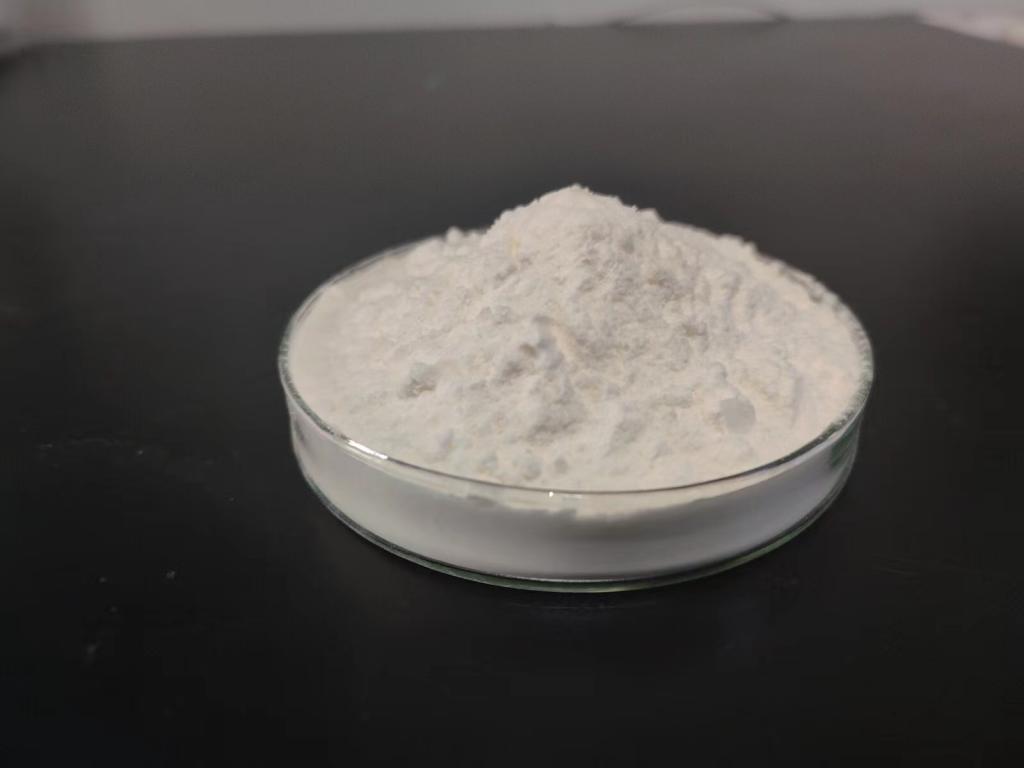Tel:+8618231198596

News
 CONTACT
CONTACT
 CONTACT
CONTACT
- Linkman:Linda Yao
- Tel: +8618231198596
- Email:linda.yao@dcpharma.cn
- Linkman:CHARLES.WANG
- Department:Overseas
- Tel: 0086 0311-85537378 0086 0311-85539701
News
Investigating the stability and effectiveness of ε-Polylysine hydrochloride in plant-based products.
TIME:2023-08-25
Introduction:
Plant-based and vegan diets have gained popularity due to their perceived health and environmental benefits. However, the absence of animal-derived ingredients can pose challenges in terms of food safety and shelf life extension. Microbial contamination remains a concern in these products, and finding suitable preservatives that align with plant-based and vegan principles is essential. ε-Polylysine hydrochloride, a natural antimicrobial peptide derived from fermentation, holds promise as a solution to enhance the safety and shelf life of plant-based and vegan foods.
ε-Polylysine Hydrochloride: An Overview:
ε-Polylysine hydrochloride is a polypeptide produced through fermentation of Streptomyces albulus. It has been granted GRAS status by regulatory authorities, including the FDA and EFSA. ε-Polylysine's antimicrobial properties arise from its ability to disrupt cell membranes, rendering it effective against various Gram-positive and Gram-negative bacteria. Its safety and broad-spectrum antimicrobial activity make it an attractive choice for food preservation.
Mechanisms of Action:
The antimicrobial action of ε-polylysine hydrochloride is primarily attributed to its interaction with cell membranes. It forms complexes with negatively charged components of microbial cell membranes, leading to membrane disruption and cell death. This mode of action makes ε-polylysine effective against a wide range of pathogens, minimizing the risk of spoilage and foodborne illnesses.
Stability in Plant-Based and Vegan Foods:
Investigating the stability of ε-polylysine hydrochloride in plant-based and vegan foods is crucial for its successful application. Factors such as pH, temperature, and interactions with other food components can impact its efficacy. Studies have shown that ε-polylysine remains stable across a range of pH levels and temperatures commonly found in food processing and storage. However, individual product formulations may require optimization to ensure ε-polylysine's stability over the intended shelf life.
Effectiveness in Plant-Based and Vegan Foods:
Dairy Alternatives: Plant-based milk, yogurt, and cheese can be vulnerable to microbial contamination. ε-Polylysine's antimicrobial activity can help extend their shelf life and maintain safety without relying on animal-derived preservatives.
Meat Substitutes: Vegan meat substitutes often mimic the texture and appearance of animal-based products, making them prone to microbial growth. ε-Polylysine can inhibit the growth of spoilage and pathogenic bacteria, ensuring the safety and quality of these products.
Plant-Based Desserts: Desserts like vegan ice cream and custards require effective preservation to prevent spoilage and maintain desired textures. ε-Polylysine's antimicrobial properties can enhance the safety and sensory attributes of these treats.
Plant-Based Spreads: Vegan spreads, such as nut butters and vegetable-based pâtés, can benefit from ε-polylysine's ability to prevent microbial contamination, allowing for longer shelf life without compromising taste and texture.
Aligning with Plant-Based and Vegan Principles:
One of the key challenges in preserving plant-based and vegan foods is finding suitable preservatives that align with the ethos of these diets. ε-Polylysine hydrochloride, as a naturally derived compound, fits well within the framework of plant-based and vegan philosophies. Its fermentation-based production process and absence of animal-derived components make it a viable choice for enhancing food safety while maintaining product integrity.
Conclusion:
ε-Polylysine hydrochloride's stability and effectiveness as a natural antimicrobial in plant-based and vegan foods make it a valuable tool in addressing food safety challenges in these products. By incorporating ε-polylysine into formulations, producers can extend shelf life, enhance quality, and mitigate the risk of microbial contamination. As the demand for plant-based and vegan options continues to rise, the role of ε-polylysine in ensuring the safety and integrity of these products will likely become increasingly significant, contributing to the growth and sustainability of these dietary choices.
- Tel:+8618231198596
- Whatsapp:18231198596
- Chat With Skype







